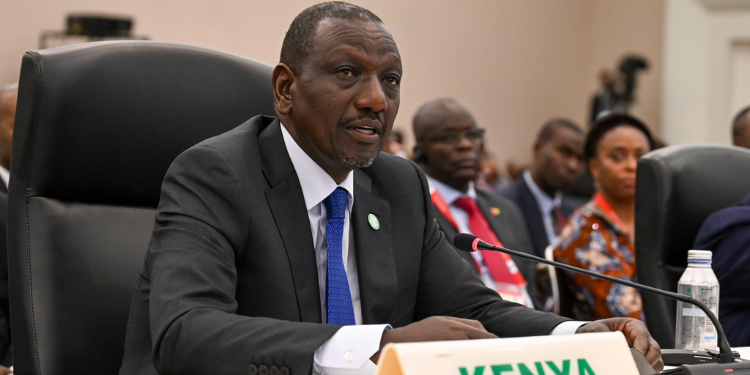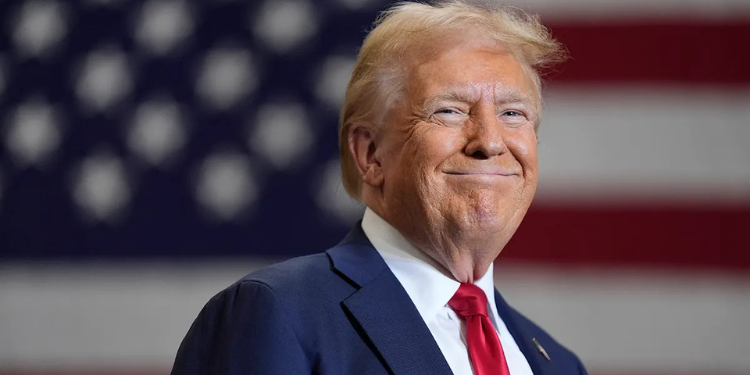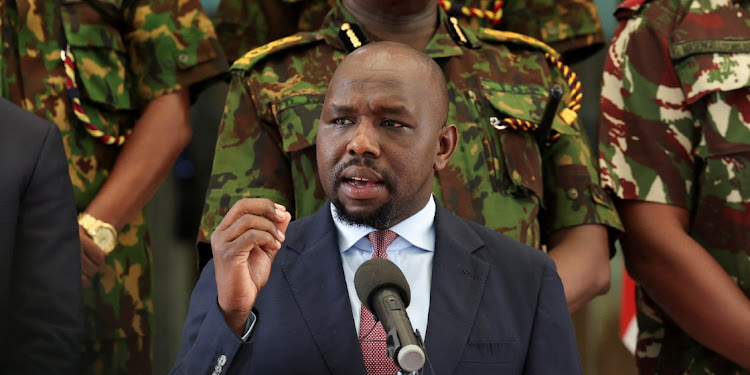The Kenyan government has officially declared two groups, the Muslim Brotherhood and Hizb-ur-Tahrir, as “specified entities” under the Prevention of Terrorism Act.
This declaration, issued by Cabinet Secretary for Interior and National Administration Kipchumba Murkomen, marks an escalation in the country’s ongoing efforts to tackle extremist influences.
The announcement, made through Kenya Gazette Supplement No. 157, states that the two groups have been declared terrorist organizations under section 3(3) of the Prevention of Terrorism Act, which allows for the monitoring and regulation of entities suspected of inciting or participating in terrorism-related activities.
Under the new order, which came into effect immediately, these organizations will face enhanced scrutiny, and any involvement with them could lead to legal ramifications for individuals or groups in Kenya.
The declaration will remain in force unless revoked by the government or ordered by a court.
“The declaration shall remain in force until it is revoked by the Cabinet Secretary or by order of the court,” Muirkomen said in the notice dated September 19, 2025.
Govt Against Terror
This move comes amid rising concerns over radicalization and the growing presence of extremist groups in the region.
Also Read: KEMRI Sounds Alarm as Mosquito Evolves to Outsmart Bed Nets
The government has made it clear that it will not hesitate to take action against organizations that pose a threat to national security.
Kenya’s decision to target these groups follows international trends where similar entities are being scrutinized due to their alleged involvement in terrorist activities globally.
The Muslim Brotherhood and Hizb-ur-Tahrir have long been accused of spreading extremist ideologies, with their activities banned in several countries.
The latest action shows the government’s intensified efforts to eliminate terrorism and ensure that the country remains a stable and secure environment for all its citizens.
About Muslim Brotherhood Groups
The Muslim Brotherhood, established in Egypt in 1928 by Hassan al-Banna, is considered one of the Islamist movements of the 20th century.
The organization combines Islamic revivalist teachings with political, educational, and social activism, aiming to shape governance across the Muslim world around Islamic law.
Also Read: Six Countries Trump Has Threatened to Bomb for Not Respecting US
Over the decades, it has inspired chapters and sympathizers across the Middle East, North Africa, Europe, and beyond.
Although the Brotherhood has at times embraced democratic politics and fielded candidates in elections, it has also faced criticism for advancing hardline ideologies. Hamas, its Palestinian offshoot, is listed as a terrorist group by several governments.
Countries including Egypt, Saudi Arabia, the United Arab Emirates, Bahrain, and Russia have banned the Brotherhood, accusing it of spreading extremism and destabilizing governments.
Kenya has been one of the countries hit by terrorism in East Africa. The 2013 Westgate Mall attack that killed at least 67 people left deep scars nationwide.
In 2015, al-Shabaab militants stormed Garissa University, killing 148 people, most of them students. Four years later, in 2019, the group claimed responsibility for an assault at Nairobi’s DusitD2 complex that left 21 dead.
Follow our WhatsApp Channel and X Account for real-time news updates.




















































![Senator Allan Chesang And Chanelle Kittony Wed In A Colourful Ceremony [Photos] Trans Nzoia Senator Allan Chesang With Channelle Kittony/Oscar Sudi]( https://thekenyatimescdn-ese7d3e7ghdnbfa9.z01.azurefd.net/prodimages/uploads/2025/11/Trans-Nzoia-Senator-Allan-Chesang-with-Channelle-KittonyOscar-Sudi-360x180.png)






















